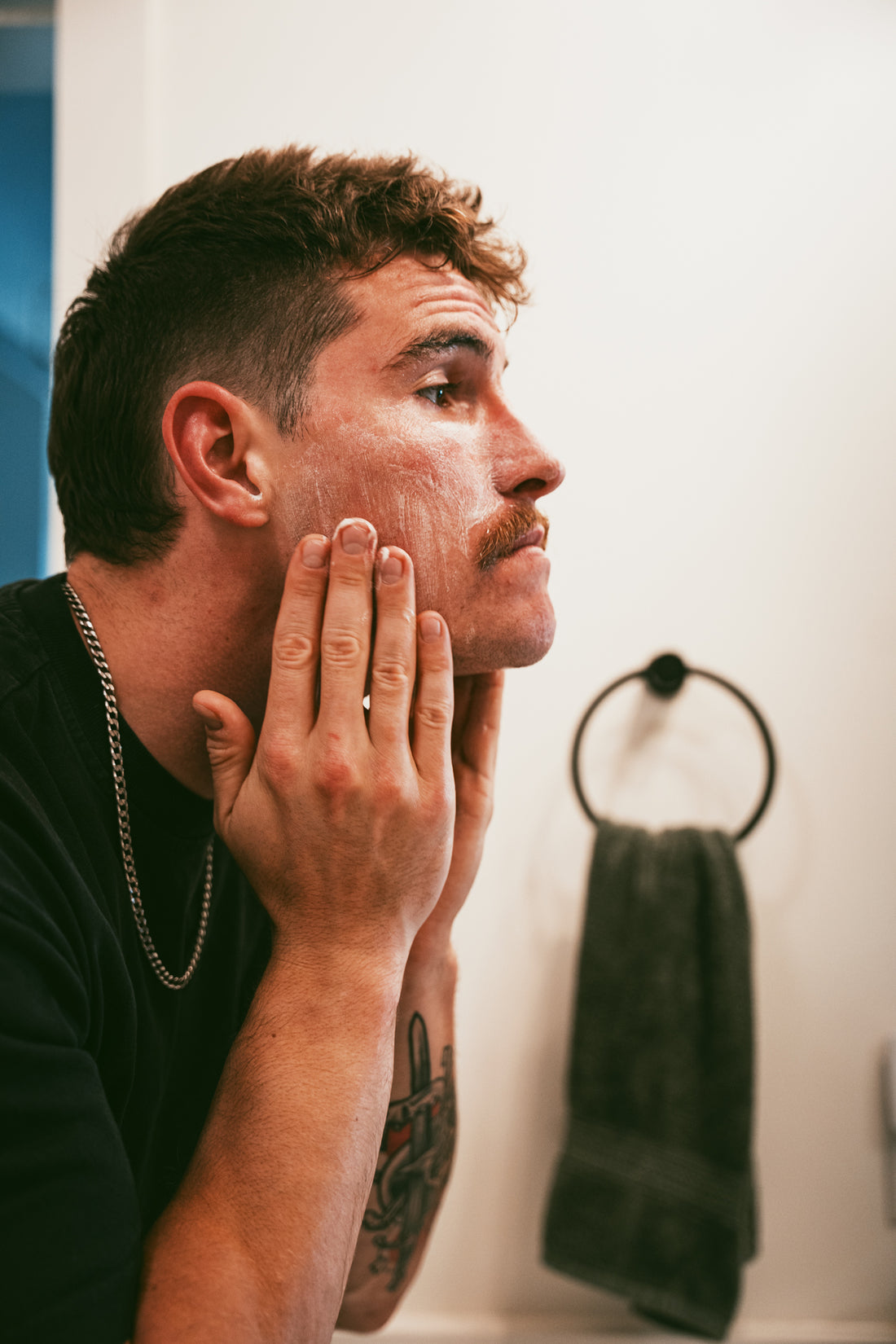
Exfoliation Dos and Don'ts
Share
Today, we delve into the essential practice of exfoliation, a key component of any skincare routine aimed at maintaining a radiant and healthy complexion. Proper exfoliation can help remove dead skin cells, promote cell turnover, and improve skin texture. However, it’s crucial to do it right to avoid damaging your skin.
Understanding Exfoliation
Exfoliation can be achieved through mechanical means, such as scrubs or brushes, or chemical means, such as acids and peels. Each method has its benefits and potential pitfalls, making it important to choose the right type of exfoliation for your skin type and needs.
Dos of Exfoliation
-
Choose the Right Method: For sensitive skin, chemical exfoliants like alpha hydroxy acids (AHAs) or beta hydroxy acids (BHAs) may be gentler than physical scrubs. Those with oilier skin might benefit from physical exfoliants to more effectively remove buildup.
-
Be Gentle: Whether using a physical scrub or applying a chemical exfoliant, the key is to be gentle with your skin. Avoid scrubbing too hard or using overly abrasive materials.
-
Moisturize Afterwards: Exfoliation can strip the skin of natural oils, so it’s essential to follow up with a good moisturizer to keep your skin hydrated.
-
Regular but Not Frequent: Depending on your skin type, exfoliating 1-2 times a week is usually sufficient. Over-exfoliation can lead to irritation, sensitivity, and damage.
Don'ts of Exfoliation
-
Don’t Over-Exfoliate: Exfoliating too often can compromise your skin's barrier, leading to increased sensitivity, dryness, and potential breakouts.
-
Avoid Harsh Chemicals: If you’re using chemical exfoliants, avoid those with overly harsh ingredients that can irritate or damage the skin. Look for products formulated for facial skin, which is more delicate than the skin on your body.
-
Don’t Exfoliate Irritated or Sunburned Skin: Exfoliating already compromised skin can exacerbate issues. Wait until your skin has healed before resuming exfoliation.
-
Don’t Forget Sunscreen: Exfoliation can make your skin more sensitive to the sun. Always apply a broad-spectrum sunscreen after exfoliating, especially if you’re using AHAs or BHAs.
Final Thoughts
Exfoliation is a powerful tool in skincare when done correctly. It can significantly enhance your skin's appearance by removing dead cells, smoothing texture, and promoting a healthy glow. Remember to listen to your skin, customize your exfoliation routine to suit your needs, and never skip on post-exfoliation care. Join us tomorrow as we discuss skincare tips for specific age groups, ensuring everyone can enjoy a flawless complexion at any stage of life.